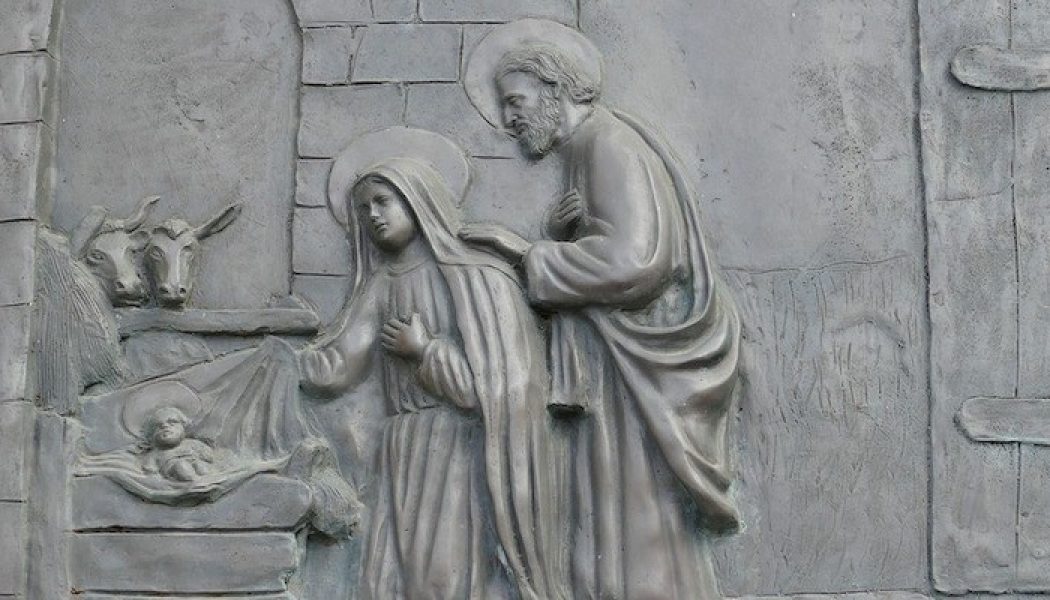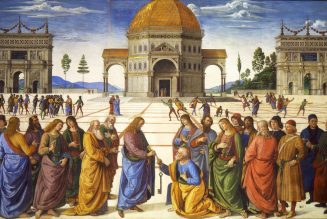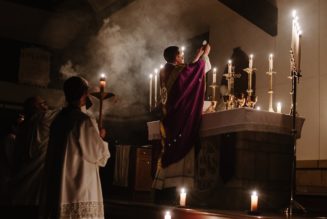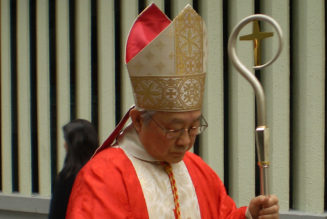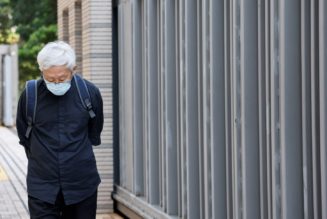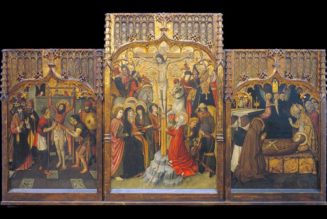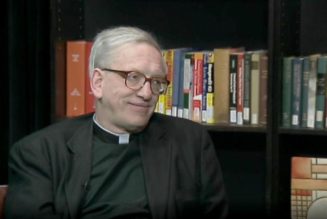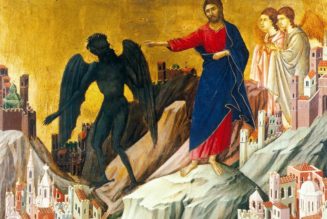
They canceled Easter. Is Christmas next?” Matthew Hennessey asked this question in the Wall Street Journal on December 8. Lockdown regulations did indeed cancel Christmas gatherings and festivities for many. We bishops have been hearing variations on Hennessey’s cry from our people as we approach another pandemic-dominated Lent, barely a month away.
At Easter last year, the coronavirus was still a relatively new phenomenon. Not much was known about it. As painful as it was at the time, temporarily closing the doors to our churches seemed the prudent thing to do.
Many people found this traumatic, including me. I remember when I first had to lock the doors of our cathedral in San Francisco and livestream the Mass. The cathedral doors are made of glass. I could see people walk up, try to open the door, and then stand there peering through the glass to try to follow the Mass. My heart sank. I felt sick to my stomach. That went on for a few days. Eventually, no one showed up at the door anymore.
I made the decision this past Christmas to let my people inside if the weather made it necessary. I did this because I knew that we could celebrate the Mass safely. More important: I did this because I knew that my people needed Christmas. Whatever their hardships or challenges, they need the Body and Blood of Christ. And they need to be together.
Christmas each year celebrates the foundational Christian truth of the Incarnation. God becomes man. This moment sets the pattern of the whole Christian ethos: renouncing claims to power and riches not simply to help the poor, nor simply even to serve the poor, but to be one with the poor. Theologians call it kenosis: God’s self-emptying in order to be born as a human being in our limited human world, into a working-class family that was homeless when their son, the God-man, was born.
We see this ethos of the Incarnation in the lives of our saints and holy people through the ages.
St. Francis of Assisi renounced a life of wealth and comfort to live with his beloved “Lady poverty.” His father thought he was out of his mind. But St. Francis sparked a renewal movement 800 years ago that has lasted to this day. His sons brought that same spirit of renewal to this continent half a millennium later, as they became the Latino founders of America. The saints and holy names the Franciscan missionaries honored in their work are scattered up and down the West Coast: Los Angeles, San Francisco, Sacramento, San Diego, and so many more.
St. Elizabeth of Hungary lived a life of austerity and care for the poor even as a queen. After she lost her husband, she gave up her claims to the throne to live in poverty, living as one of the poor and serving them with loving devotion.
But we don’t have to scour history for such examples. In our own time, St. Mother Teresa had every prospect of a comfortable life as the daughter of a merchant, but gave that up to find Jesus in the face of the poor and the homeless on the streets of Calcutta.
So few of us live it out fully, this Christian ethos. And today the powerful push around the powerless: They issue orders devoid of scientific justification that they themselves do not follow, orders that ruin the lives of working-class people. Resentment increases among the oppressed masses, while credibility diminishes among the hypocritical elites. This, of course, has occurred throughout history. It is the stuff of which revolutions are made, not all of which have had happy outcomes.
But as de-Christianized as the Western world has become, we still see remnants of the Christian ethos around us. Perhaps we don’t realize it, precisely because Christianity has been so intertwined with Western civilization for many centuries now. But I think of health care workers who work themselves to exhaustion, risking their health and even their lives to care for those critically ill from COVID: doctors, nurses, technical assistants, and janitors working double shifts as our hospitals fill with the ill. I think of the good police officers who are unjustly maligned because of the brutal misdeeds of some bad actors in the force but who show up for work anyway, keeping us safe. I think of all the parents sacrificing to provide for and educate their children, despite increasing hardships due to COVID restrictions.
In humbling ourselves to serve others, we are not only doing what God asks of us: We are doing what God did for us. Christmas is about a gift exchange. God gave us the greatest gift of all: His Son emptied himself to become one of us. As we ready our hearts for another Lent and beyond it the greatest of all Christian feasts—our redemption and new life at Easter—a simple question remains: What will we offer God in return?
Salvatore J. Cordileone is the archbishop of San Francisco.
First Things depends on its subscribers and supporters. Join the conversation and make a contribution today.
Click here to make a donation.
Click here to subscribe to First Things.
Join Our Telegram Group : Salvation & Prosperity
